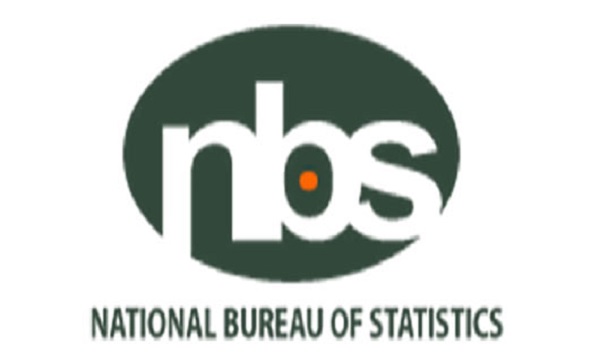Nigeria’s annual inflation jumped to 28.20% in November from 27.33% in October, the National Bureau of Statistics has said.
According to the Statistics Office, food and non-alcoholic beverages were the biggest contributors to the rise in inflation.
Recall that inflation in Nigeria, Africa’s largest economy, has risen to double-digits since 2016, eroding incomes and savings and worsening a cost-living crisis in the continent’s most populous country.
Meanwhile, the new governor of the Central Bank of Nigeria, Olayemi Cardoso, has adopted an inflation-targeting policy and vowed to phase out the bank’s fiscal intervention programs in a bid to tame inflation.
The CBN on Thursday said the country’s inflation rate and the pressures on the exchange rate will reduce in the coming year.
Related news
- Nigeria’s Average Petrol Price Rose to N626.21 in Sept says NBS
- Nigeria’s inflation rate rises to 24% in July – NBS declares
- Nigeria’s public debt stands at N46.25 trillion – NBS
While the country’s inflation rate jumped to 27.33% in November—the highest in 18 years—Cardoso projects a slump in 2024.
“The outlook for the domestic economy remains positive and is expected to maintain the positive trajectory for 2024,” he told the Joint Committee on Banking, Insurance, and Other Financial Institutions in Abuja.
“Inflation pressures may persist in the short-term but are expected to decline in 2024. Exchange rate pressures are also expected to reduce significantly with the smooth functioning of the foreign exchange market.”
He also said the country is expecting less oil revenue in the new year owing to several factors.
“Total Trade in the third quarter of 2023, stood at N18.804.68 billion. Exports were valued at N10.346.60 billion while total imports stood at N8.457.68 billion.
“This represents a positive trade balance, which would lead to an increase of the external reserves,” Cardoso told the lawmakers.

